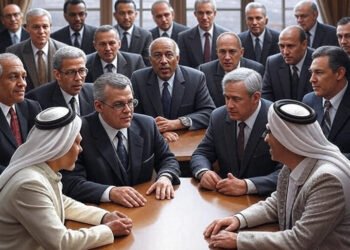Monday, February 9, 2026
HIGHLIGHTS
TRENDING
-
Non-Aligned Movement: Origins, Principles, and Role in Global Politics
-
Nutritional Comparison of Peanuts, Almonds, Cashews, Pistachios, and Raisins: Calories, Protein, Fats, Carbs, Fiber, and Micronutrients
-
Book Summary: The 48 Laws of Power
-
Was Nehru Right or Wrong to Sign the Indus Waters Treaty in 1960? A Balanced Examination
-
Action plan made to achieve the goal of twenty point program
POPULAR
-
Non-Aligned Movement: Origins, Principles, and Role in Global Politics
-
Nutritional Comparison of Peanuts, Almonds, Cashews, Pistachios, and Raisins: Calories, Protein, Fats, Carbs, Fiber, and Micronutrients
-
Was Nehru Right or Wrong to Sign the Indus Waters Treaty in 1960? A Balanced Examination
-
Action plan made to achieve the goal of twenty point program
-
10 Best Habits of Morning Wake-up routine







